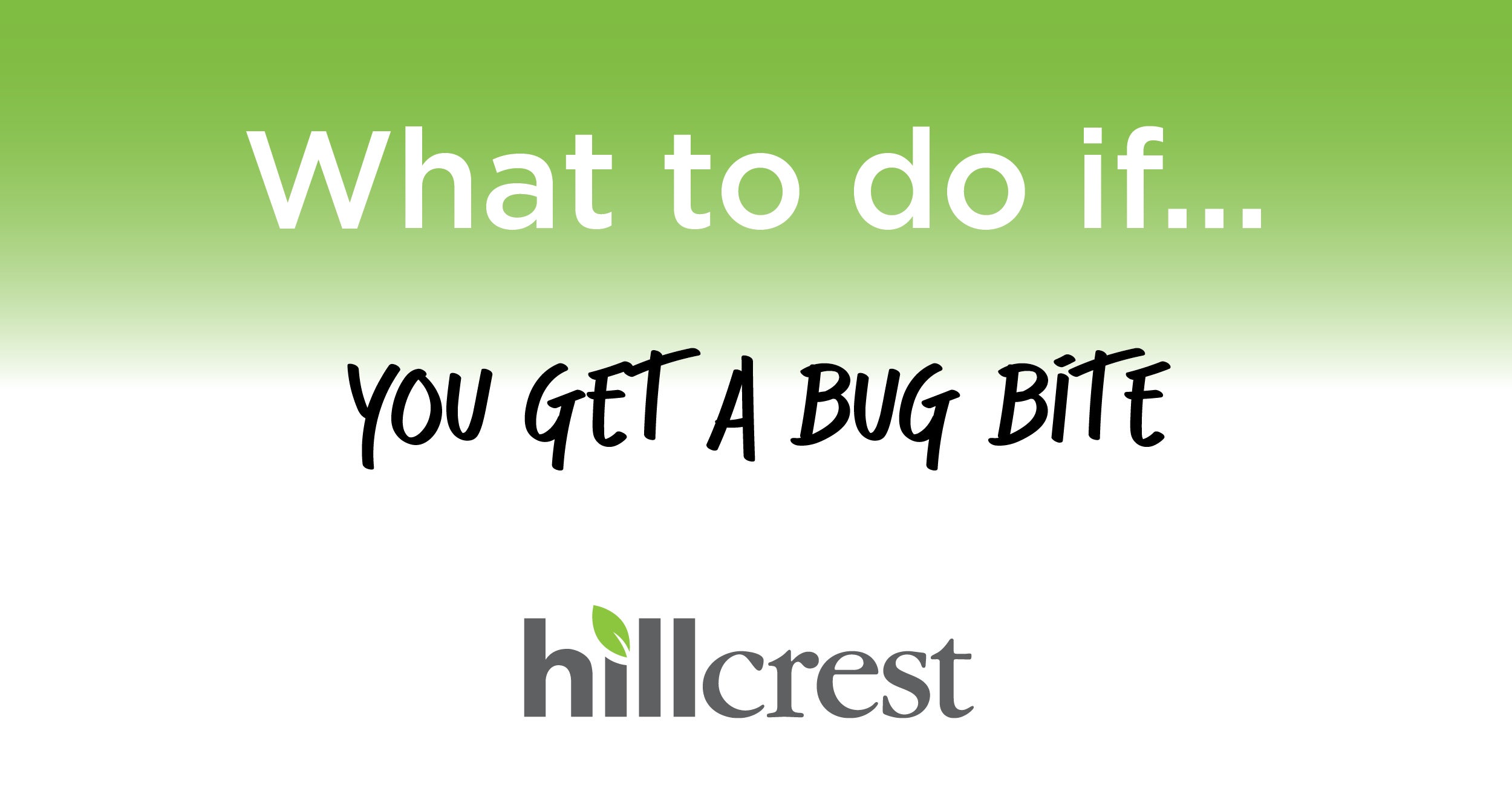As the weather warms up, insects are more likely to populate grassy or forested areas, especially if there is a water source or other animals present. Their bites can range from a minor annoyance to a life-threatening emergency. If you are experiencing an emergency, call 911.
Russell Anderson, D.O., emergency medicine physician at Hillcrest South, explains the differences between certain bug bites, potential reactions to them and when to see a doctor after you’re bitten.
Spider bite
-
Clean the area thoroughly. Wash the bite with soap and water to reduce the risk of infection. Keep the area clean and dry.
-
Apply cold compress. Using a cool cloth or ice pack can help reduce swelling; do not apply ice directly to the skin.
-
Take over the counter (OTC) antihistamines. Medications like diphenhydramine can also help relieve inflammation and itching.
-
Seek medical attention immediately for severe symptoms. If you experience severe pain, fever, muscle cramps, ulcers, or know you were bitten by a venomous spider, go to your nearest emergency room. You might have developed an infection or may require treatment with antivenom.
Tick bite
-
Remove tick quicky and properly. Use fine-tipped tweezers to grab the tick as close to the skin as you can and pull upward. Do not twist or crush the tick while removing it.
-
Clean the bite area. Clean and disinfect the bite with soap, water, rubbing alcohol or iodine.
-
Watch for tick-borne illness symptoms. Monitor for rash in a bulls-eye pattern, fever or flu-like symptoms. If a tick has been attached for more than 36 hours or you experience these symptoms, see a doctor immediately.
Mosquito bite
-
Apply topical corticosteroids or take OTC antihistamines. These can help reduce inflammation and itching of the bite. Hydrocortisone cream is a common topical corticosteroid that can help.
-
Avoid scratching the bite. Scratching the bite can increase the risk of secondary infection by introducing bacteria to the bite.
-
Watch for allergic reactions or infections. If the bite increases in redness or swelling or you see pus, you may have an infection. Mosquitos can also trigger systemic allergic reactions that may require immediate medical attention.
If you experience any severe respiratory symptoms or feel sick after any kind of bug bite, it’s a good idea to see a doctor.
Dr. Russell Anderson is the medical director of the emergency room and president of medical staff at Hillcrest South. To learn more about emergency services, click here.

